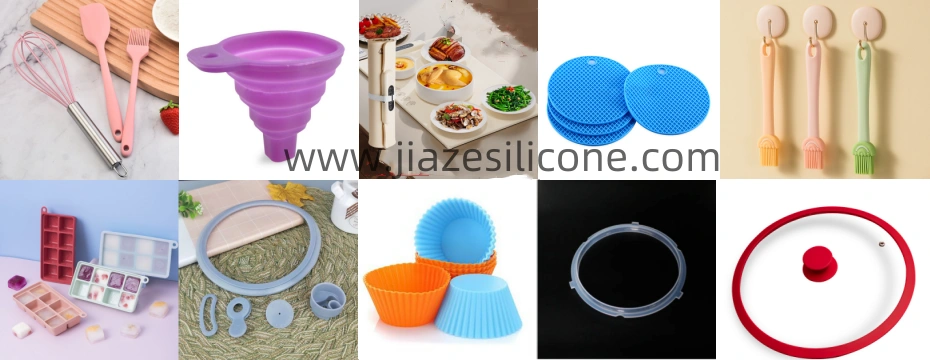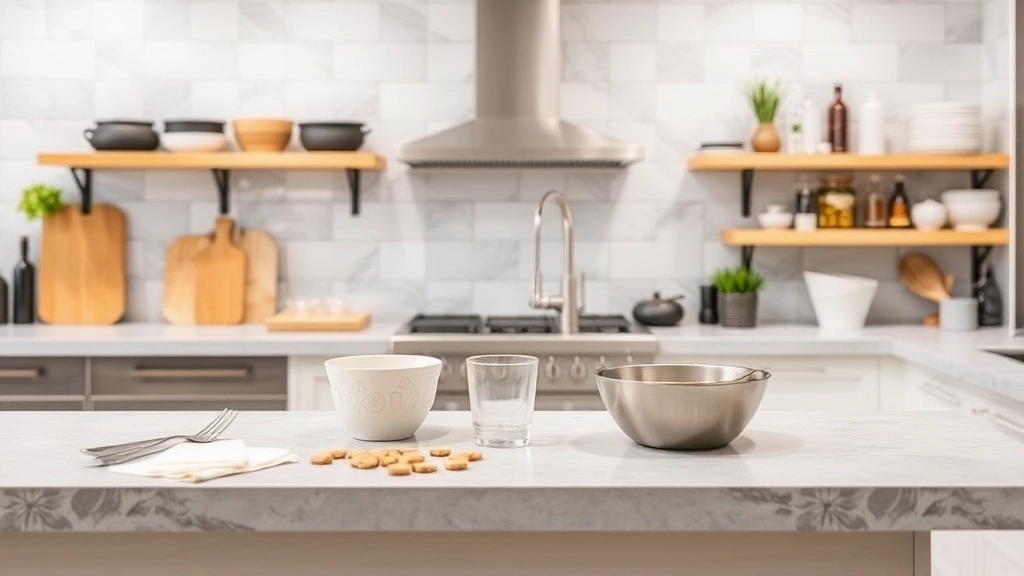The kitchen has always been the heart of the home, evolving continuously with advancements in technology and materials. One of the most significant breakthroughs in recent years is the use of Liquid Silicone Rubber (LSR) in kitchenware. This material has revolutionized how we cook, bake, and store food, offering unmatched safety, durability, and convenience. From flexible baking molds to heat-resistant spatulas, LSR has become an essential component of modern culinary tools.
This article explores the role of LSR in contemporary kitchenware, its advantages, and why it has become a game-changer in the culinary world.
What is Liquid Silicone Rubber (LSR)?
Liquid Silicone Rubber (LSR) is a high-performance material composed of silicone polymers that offer flexibility, heat resistance, and durability. Unlike traditional rubbers or plastics, LSR is molded in a liquid state and cured through high-temperature vulcanization, resulting in a non-toxic, food-safe, and highly resilient product.

The Impact of LSR on Modern Kitchenware
LSR has transformed kitchenware in several key ways, including:
1. Heat Resistance and Durability
One of the primary reasons LSR is widely used in kitchenware is its exceptional heat resistance. Traditional plastics and rubbers can degrade or melt at high temperatures, whereas LSR can withstand temperatures ranging from -40°C to 230°C (-40°F to 446°F). This makes it ideal for baking mats, oven mitts, and even cookware components.
Additionally, LSR is highly durable and does not degrade over time, ensuring longevity for kitchen tools. Unlike wooden or plastic utensils, which may warp or crack, LSR kitchenware maintains its form and function for years.
2. Food Safety and Non-Toxicity
Food safety is a top priority in modern kitchens, and LSR meets the highest standards. It is BPA-free, non-toxic, and does not leach harmful chemicals into food, unlike some plastics. The inert nature of LSR ensures that it does not react with food, preserving flavors and nutritional integrity.
Furthermore, LSR is naturally resistant to bacteria and mold growth, making it a hygienic choice for kitchenware such as spatulas, baby feeding products, and reusable food storage lids.
3. Flexibility and Non-Stick Properties
LSR’s flexibility makes it an excellent material for baking molds, ice cube trays, and other kitchen tools that require easy food release. Unlike metal or rigid plastic molds, LSR baking accessories allow for the effortless removal of cakes, muffins, and chocolates without sticking.
This flexibility also enhances the usability of tools such as collapsible bowls and foldable colanders, optimizing storage space in modern kitchens.
4. Ease of Cleaning and Maintenance
Unlike porous materials that absorb stains and odors, LSR kitchenware is non-porous and easy to clean. It is dishwasher-safe and resistant to oils and greases, ensuring hassle-free maintenance. The non-stick surface further prevents food residues from clinging, reducing the need for excessive scrubbing.
5. Versatility in Kitchen Applications
LSR’s adaptability has led to its integration into various kitchen products, including:
- Spatulas and Cooking Utensils – Heat-resistant, non-stick, and gentle on cookware.
- Baking Molds and Mats – Flexible, easy-release, and perfect for precision baking.
- Storage Solutions – Leak-proof, reusable lids, and vacuum-sealing food containers.
- Baby Feeding Products – Soft, chewable, and safe for infants.
- Grips and Handles – Enhanced grip for comfort and safety.

6. Eco-friendliness and Sustainability
With the rising concern for environmental sustainability, LSR presents an eco-friendly alternative to disposable plastics. Since LSR products are durable and reusable, they reduce waste and contribute to a greener kitchen. Additionally, LSR can be recycled, minimizing its environmental footprint.
The Future of LSR in Kitchen Innovation
As technology advances, the applications of LSR in kitchenware continue to expand. Researchers are exploring self-cleaning LSR surfaces, antimicrobial treatments, and even smart LSR-integrated kitchen gadgets that enhance functionality.
Conclusion
Liquid Silicone Rubber has revolutionized the kitchenware industry, offering unparalleled safety, durability, and convenience. Its heat resistance, food safety, and flexibility make it an indispensable material in modern kitchens. As more consumers embrace sustainable and high-performance kitchen tools, LSR is set to remain a cornerstone of culinary innovation.